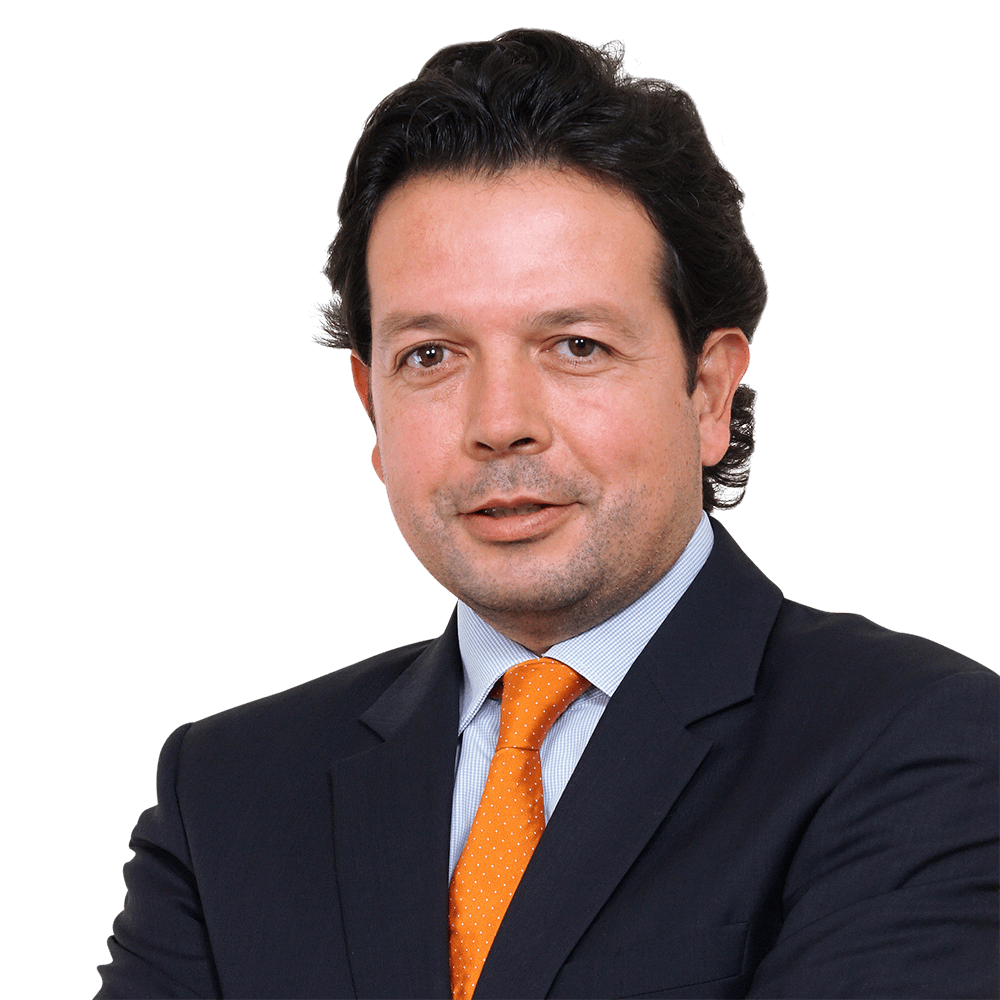Free movement of capitals and national restrictions on dividend withholding tax applicable to investment vehicles
Published on 20th March 2020
The European Court of Justice (ECJ) has issued a ruling (judgment dated 30 January 2020 in case C-156/17) on various preliminary issues regarding the compatibility of Dutch withholding tax rules with free movement of capitals.
Under Dutch rules, the refund of taxes withheld over dividends paid to investment vehicles, whether resident or non-resident, by Dutch companies was conditional upon such vehicles complying with domestic rules on collective investment institutions.
In the case under review by the Court, an investment fund established in Germany received dividends from its Dutch subsidiaries. Such dividends were subject to a 15% withholding tax in the Netherlands, in accordance with the provisions of the Tax Treaty between the Netherlands and Germany.
Under the treaty, dividends paid by Dutch-resident companies to recipients residents in such Member State were subject to withholding tax. In comparison, the Dutch regime applicable to fiscal investment enterprises (FIEs) allowed such entities to claim the refund of the Corporate Tax withheld over the Dutch dividends received.
The German investment fund, relying on Dutch FIE rules, requested a dividend withholding tax refund from the Dutch Authorities, on the basis that the fund was objectively comparable to an investment fund established in the Netherlands with FIE status. As such, the German fund was entitled to the withholding tax refund in accordance with the free movement of capitals enshrined in Article 63 of the Treaty on the Functioning of the European Union (TFEU).
The request was denied as Dutch Tax Authorities found that the German investment fund had not provided evidence that it complied with the requirements under Dutch law to be considered a FIE. Specifically, the German investment fund had not provided evidence relating to its interest holders. Therefore, Dutch Authorities could not verify whether such interest holders were in compliance with Dutch rules. Additionally, the German investment fund was also not in compliance of another requirement under Dutch rules, since it did not make a full annual distribution, within a prescribed time-limit, among its interest holders of all the income derived from its investments.
As regards the first requirement, the German investment fund countered that it was not possible to comply with the requirements regarding its interest holders, since its negotiation model made it impossible to ascertain the identity of such holders. Regarding the second requirement, the investment fund argued that German rules imposed tax on the interest holders over the income deriving from their investments, regardless of whether there had been a distribution from such investments or not. In practice, the German rules resulted in the income from the investment receiving the same tax treatment as a distribution.
The Dutch Supreme Court asked the ECJ for several preliminary rulings to determine whether the Dutch rules were contrary to the free movement of capitals:
- The ECJ concluded that Member States were free to establish domestic tax regimes applicable to collective investment schemes and to dividends received by such schemes, as well as to determine the formal and substantive requirements needed to be eligible for such regimes. However, Member States should exercise their fiscal autonomy in compliance with the TFEU provisions on free movement of capitals.
- On the second issue, the ECJ ruled that it is not contrary to the free movement of capitals for a Member State to establish a domestic rule, under which the identification of the institution's interest holders is a condition to obtain the status of FIE and, therefore, also to claim a refund of the withholding tax applied over distributed dividends. This compliance with EU law would require that such requirements not be detrimental to non-resident investment funds and that national Tax Authorities also require that resident funds provide proof of compliance with such requirements. According to the ECJ, since it would seem that such a requirement is also imposed on investment funds resident in The Netherlands, which have opted for a negotiation system similar to that of the appellant German investment fund, a refusal to refund dividend withholding tax on the basis of lack of fulfilment of the requirement relating to the identification of the interest holders would not seem to amount to an adverse treatment of the non-resident investment fund.
- Regarding the third issue, the ECJ took the view that it is contrary to the free movement of capital for a Member State to establish a rule whereby a dividend withholding tax refund is refused to a non-resident investment fund, on the basis that such fund does not fulfil the requirement to distribute on a yearly basis the full income derived from the investments among its interest holders and within an eight-month period as from the conclusion of the financial year. Such national rule does not take into account that the Member State of residence imposes tax over the fund's investment income, in the hands of the interest holders, regardless of whether such income has been distributed or not.
The above ruling makes it clear that national rules must be analysed on a case-by-case basis, in order to ascertain whether domestic requirements may be complied with only by national investment funds and, therefore, there is a de facto exclusion for non-resident funds. In this regard, requirements for the eligibility of a specific tax regime imposed by a Member State may be indistinctly applicable to resident and non-resident funds. However, these requirements must not lead to situations where it is impossible or very difficult for a non-resident investment fund in an objectively comparable situation to a resident investment fund to comply with such requirements. In accordance with ECJ precedent, the comparability between domestic and cross-border situations must be examined in light of the main objective underscoring the domestic rule called into question.




